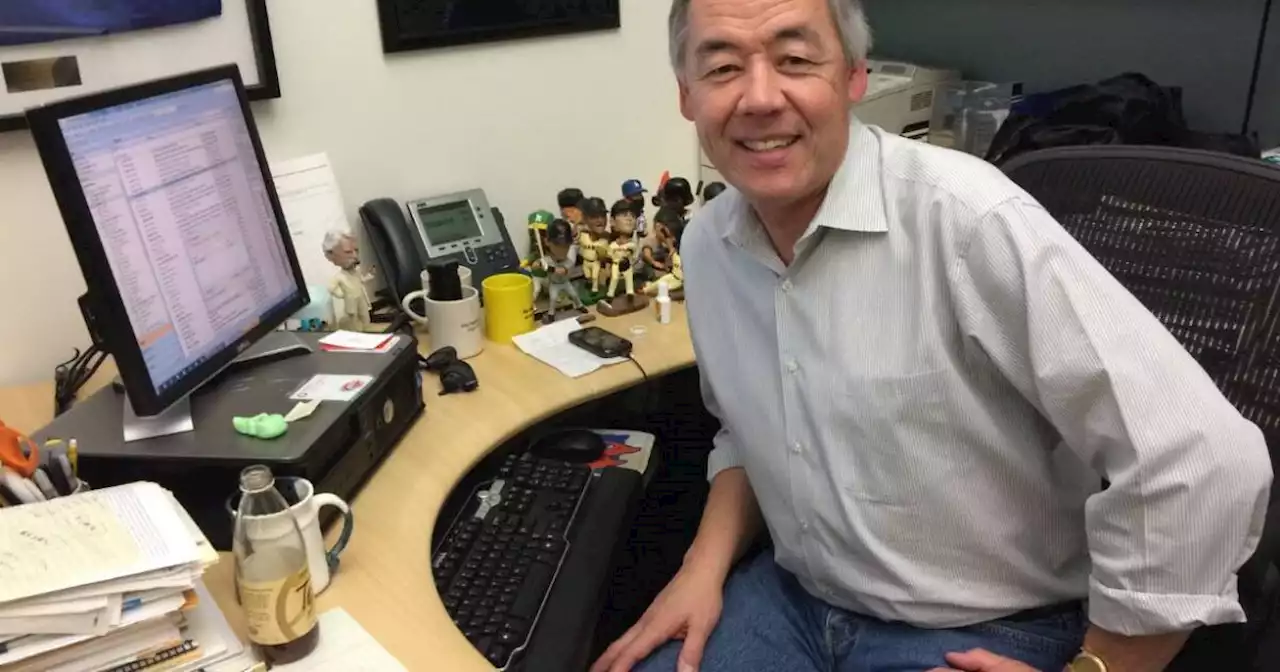Fuhrmann, who died Wednesday at 65 after a brief illness, spent his career trying to improve the craft of journalism and encourage news outlets to use unambiguous and fair wording, like in instances of race and gender.
Teresa Watanabe, a Times education reporter and close friend of Fuhrmann, said she joined his mission to ditch the use of “internment” because it"technically applied to enemy aliens who were actually given hearings before a military board, whereas the Japanese Americans who were incarcerated were never given any hearings."Asian American Journalists Association"His door was always open," Watanabe said.
“He was there for the Voices program, where our college students present their projects, and he was just having the time of his life,” she said. Fuhrman joked in an interview with AAJA for its 40th anniversary oral history project that he had become a gray-haired elder in the organization but he drew inspiration from his younger colleagues, some of whom had gone on to lead newsrooms themselves.
“They're the future and the present,” Fuhrmann said. “And they are full of ideas and energy, and I feel, if not younger, I feel energized around my fellow members.”Over the last day, tributes to Fuhrmann have poured in online from all the journalists he influenced and befriended over the last three decades.
When I was a copy desk intern in 2012, I wanted to grow up to be Henry Fuhrmann — never too busy or stressed by a deadline to be calm and kind, always gracious and generous with his time. Journalism would be a better place with more leaders like him.💛
